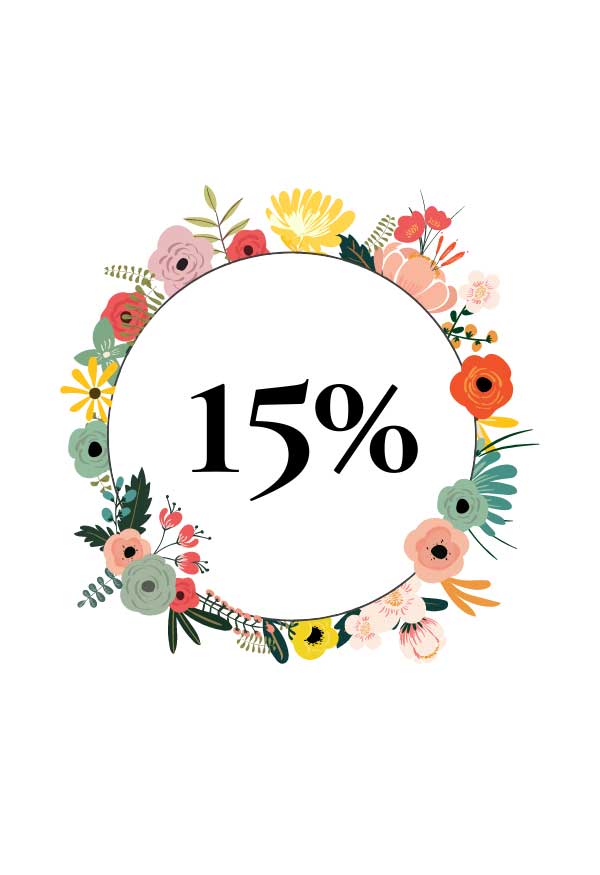« Rose is one of those heart herbs known to bring spiritual joy due to its beauty and smell. However, despite its fame as a love symbol, the educated awareness regarding its medicinal benefits is still at a very low level »
Common name(s): Japanese rose, beach rose, rugosa rosa, Ramanas rose
Family Rosaceae
Origin eastern Asia
Parts used aerial parts, seeds
Constituents
vitamins (A, C, B, E, caretonoids), polyphenols, enzymes, minerals, antioxidants, flavonoids (m yricetin, quercitin ), fatty acids ( triterpenoic acids, ursolic acid, oleanolic acid and betulinic acid ), p olysaccharides, lycopene
Therapeutic actions antioxidant, anti-inflammatory, neuroprotective, hepatoprotective, anti-ulcerogenic, antimicrobial, antimycotic, antidepressant, nervine
Organs or systems affected respiratory system, blood, gastrointestinal system, kidneys, bones, central nervous system, liver, skin
Main medicinal uses
reduces fevers
promotes blood circulation
treats digestive issues
ameliorates osteoporosis inhibits arthritis symptoms helps reduce epilepsy seizures fights depression
Counterindications Generally considered safe to consume in normal daily amounts in food or herbal teas. Avoid consuming during pregnancy.
OUR PRODUCTS CONTAINING JAPANESE ROSE: Organic Rose Love Tea Blend



